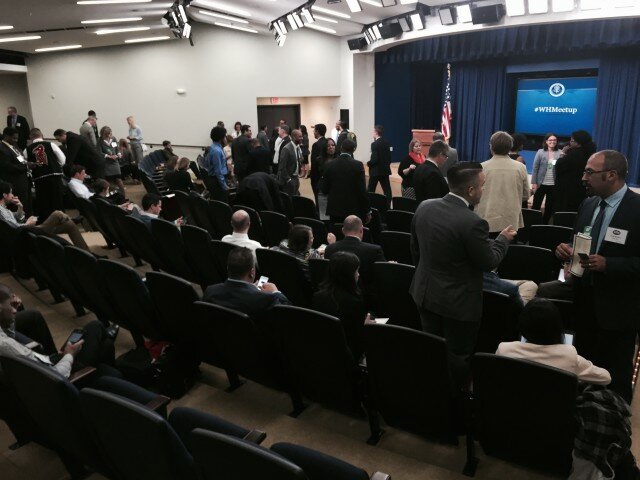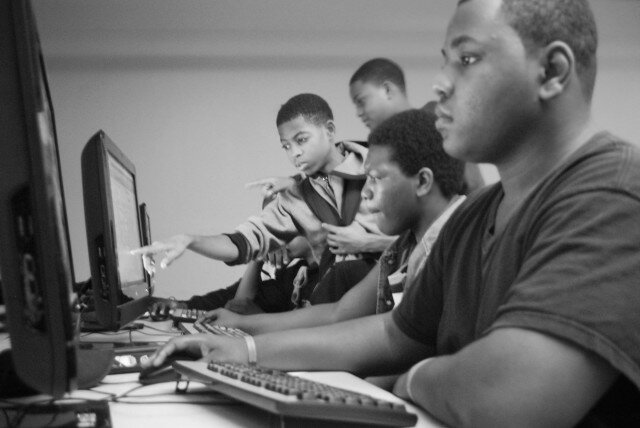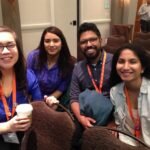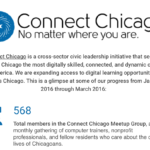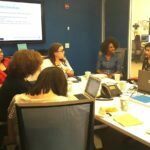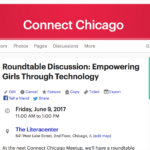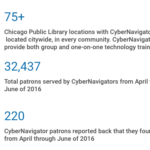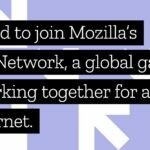Today leaders, organizers and innovators from across America convened for the first-ever White House Tech Meetup. We came together to share strategies and methods for tackling a central question facing our communities, cities and country today: how do we bring more people into the digital economy?
Megan Smith, U.S. Chief Technology Officer, opened the meetup with a clarion call to action. “The are a lot more neighbors in our communities who aren’t in on this game,” she noted. “How can we work together to figure out our inclusion strategies?”
Jeffrey Zeints, Director of the National Economic Council, emphasized the urgency of this question for America’s continued competitiveness. “This is not only the right thing to do,” said Zeints, referring to the TechHire Initiative. “It’s really important for our country’s position in the global economy.”
It was an incredibly diverse crowd that assembled in the South Court Auditorium of the Eisenhower Executive Office Building (“from the ‘hood to the holler,” as one attendee from Kentucky observed). Half of the participants were organizers of tech meetups; the other half were people doing innovative work in community tech. A key theme driving the day was the power of local communities.
“Community unleashes opportunity,” declared Meetup CEO and co-founder Scott Heiferman. “And people have more power than ever to create community.”
Here, it is worth noting that Meetup is a vital tool in Chicago’s civic tech ecosystem. At Smart Chicago we use Meetup to convene and communicate with members of our Connect Chicago meetup group and the Open Government Chicago meetup we host and help organize.
Chicago had a strong presence in the room for the day-long session. It was great to see Mike Stringer, organizer of Data Science Chicago. Mike was one of 50 Meetup organizers personally invited to the event by Meetup HQ. Laurenellen McCann, a Smart Chicago consultant, delivered a spotlight talk charging participants to build with, not for people and communities. Tiana Epps-Johnson, co-founder of the Center for Technology and Civic Life (a Smart Chicago partner), shared her organization’s work delivering tech solutions and training for the unsung enablers of our democracy: local election administrators. Rounding out Chicago’s presence in the spotlight talks, I presented on why tech organizing is a foundational component of Chicago’s efforts to achieve full participation in the digital economy (my remarks are at the end of this post).
I was proud to see Chicago in the room, but there was much to learn from people doing similar work in other cities. I was particularly compelled by the story of Felicia and Jamal O’Garro, the dynamic husband-wife duo who co-founded Code Crew in New York. When they found themselves out of work at the same time, Felicia and Jamal decided to turn a crisis into an opportunity to retool their skills. They looked far and wide for a way to get into tech, but to no avail. When they didn’t find a program that suited their needs they took matters into their own hands and organized the Code Crew meetup group. That group has since grown into an organization that delivers tech training to thousands of people in New York. Find a way or make one – that’s the ethic that drives innovation from the bottom up.
My biggest takeaway from the White House Tech Meetup was that the answers to these pressing questions will not be found in Washington. Rather, we will find the answers in communities and cities across the country creating new ways to build inroads into the digital economy. At stake is nothing less than our continued competitiveness.
There is some tremendously valuable and innovative work happing right here in Chicago: the CyberNavigators, YouMedia and Maker Labs at the Chicago Public Library; the Smart Communities program model piloted by LISC Chicago that drives households online, improves digital skills and increases real incomes for working families; and the deliberate ecosystem-building work we do at Smart Chicago. Programs like i.c. stars. Places like BLUE1647. Projects like LargeLots.org. There are many, many others.
It was a real privilege to participate in the White House Tech Meetup, learn from leaders from all across America and share one part of Chicago’s comprehensive approach to driving full participation in the digital economy.
We truly have an opportunity to be a model for the nation.
Tech Organizing in Chicago
Adapted from notes for a talk delivered at the White House Tech Meetup
April 17, 2015
Good afternoon. I’m Demond Drummer and I bring greetings from Englewood, on the south side of Chicago.
In Chicago I lead a cross-sector partnership to engage residents and local businesses in every neighborhood to achieve full participation in the digital economy. We call this effort The Connect Chicago Challenge.
Tech organizing is a core component of our strategy to engage communities across the city. This is the work I’ve done in my neighborhood, Englewood, for the past 4 years. This is the work I want to talk to you about today.
I’m a tech organizer. Tech organizers trace our lineage to the Mississippi Freedom Movement. If you recall, the Jim Crow South used literacy tests to create a wall to block black people from fully participating in our democracy. Savvy organizers focused on literacy to build power and tear down that wall.
Despite its obvious advantages technology, by default, reinforces existing patterns of power and inequality. In my neighborhood – and in communities across America – technology is a wall blocking many people from fully participating in society and the digital economy.
Tech organizers focus on digital literacy to build power and tear down that wall.
Digital literacy is more fundamental than skills. Digital literacy is understanding. Digital literacy means we see technology for what it is: a tool to make our lives better and our communities stronger. Digital literacy is about power.
We’ve found that digital literacy is cultivated best in context and in community – a gathering at the senior center, a block club, a parent group at a neighborhood school, or teens working together to build a website for a local business.
In Chicago we seek to achieve full participation in the digital economy. We see tech organizing as a model for driving us toward this goal – in every neighborhood, from the bottom up.
